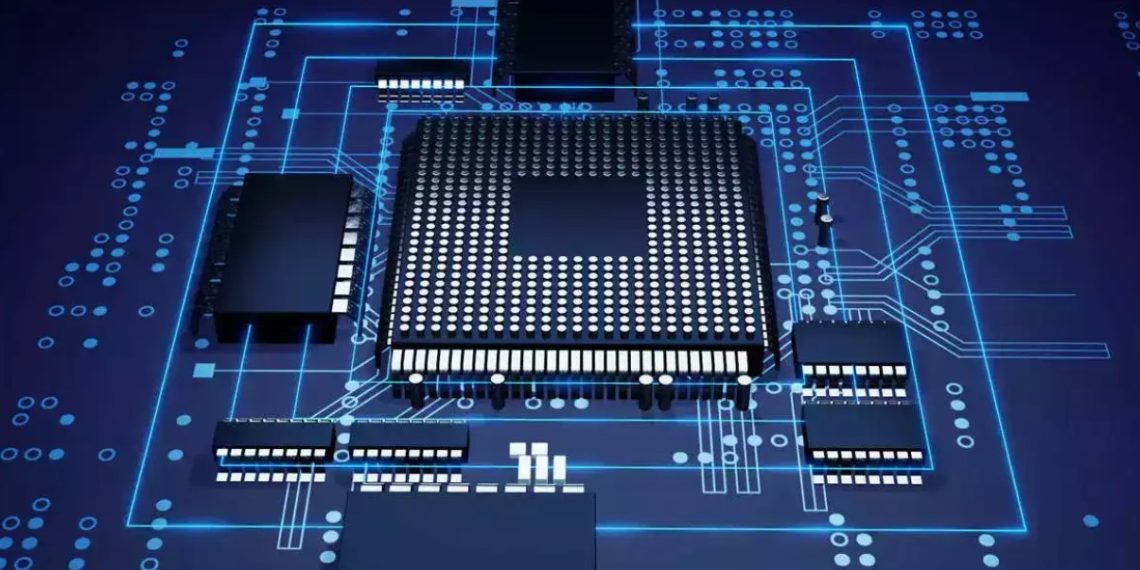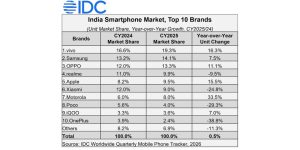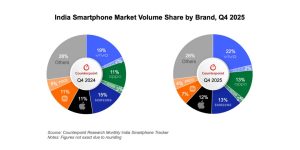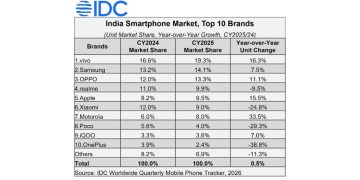The European Union (EU) has reached an agreement to enhance the supply of semiconductors in Europe and reduce its dependence on Asian suppliers. The move comes after the COVID-19 pandemic led to significant supply chain disruptions, causing major shortages in Europe. Currently, Asian firms, especially those in China and Taiwan, dominate the manufacturing and production of semiconductors. The EU has prioritized local chip production, which it believes will help reduce its vulnerability to geopolitical shocks, such as the Ukrainian war.
The agreement aims to build a competitive chips industry and lay the foundation for a global market share. It will support a European clean technology industry, improve digital sovereignty and resilience, and allow the EU to double its global market share to 20 percent by 2030. The EU plans to invest more than €43 billion ($47.2 billion) in public and private funds to address Europe’s growing appetite for chips.
The agreement will also ease state aid regulations to enable investments in centers for chip production. The funding will come from money already in the EU budget. Moreover, the agreement includes a system to monitor supply shortages and respond to crises quickly. The EU will also allocate €3.3 billion for research and development.
In addition to reducing Europe’s reliance on Asian suppliers, the legislative text is part of the EU’s effort to increase production in Europe. This will lessen its vulnerability to geopolitical shocks like the Ukrainian war, which caused the EU to scramble for alternative energy sources when it relied on Russian fossil fuels for years.
The US has also approved its own Chips and Science Act, which includes tens of billions of dollars for scientific research and development, and around $52 billion to boost the production of microchips. Similarly, South Korea and Japan have pledged to invest billions to expand semiconductor production in their respective nations. To limit semiconductor technology exports to China, Washington has relied on allies like Japan and the Netherlands this year, much to Beijing’s dismay.
In light of these developments, the EU has been quick to safeguard its competitive edge in the face of threats from China and the US, both of which have invested billions in green technology. Last year, STMicroelectronics, a French-Italian chipmaker, GlobalFoundries, a US technology conglomerate, and Intel, a US tech giant, announced that they would invest billions of dollars in brand-new production facilities in France and Germany. They can now apply to the government for funding for their projects.
EU Industry Commissioner Thierry Breton said, “Europe aims to become an industrial powerhouse in the markets of the future – the digital and clean technologies that will allow us to remain a competitive export force, generate quality jobs, and ensure our security of supply. Because there will be no digital or green transition without a strong manufacturing base.”













































































































































































